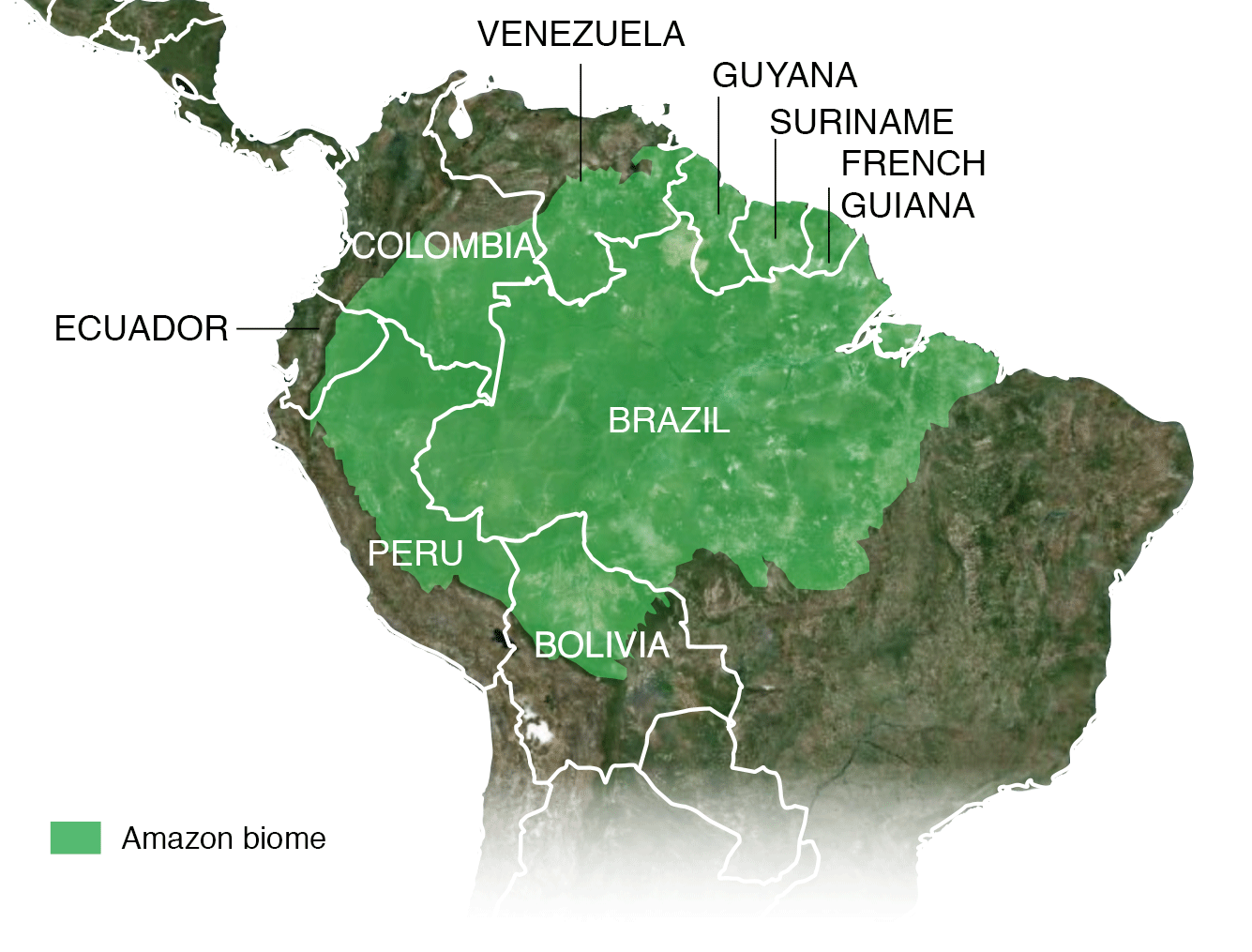(Opinion) As Brazil collaborates with South American leaders at the recent Amazon Summit, there’s a pressing need to bolster the protection of the world’s largest rainforest.
Political analyst Guilherme Simoes highlights to Sputnik that Brazilian President, Luiz Inácio Lula de Silva, is striving for a careful balance between tapping into the Amazon’s wealth and preserving its environment.
This fourth edition of the Amazon Summit brings together nations from the socio-environmental bloc, focusing on a novel developmental model that safeguards the Amazon while also enhancing employment opportunities and wealth for its inhabitants.
Revived after a 14-year hiatus, this event, held in the city of Belém, draws participation from member nations of the Amazon Treaty Organization (ATO) – Brazil, Bolivia, Colombia, Ecuador, Guyana, Peru, Suriname, and Venezuela.
A pivotal aim is to forge a united stance on conservation strategies and combatting deforestation.
The outcomes of this summit are expected to be proposed at the forthcoming United Nations Climate Change Conference (COP28) in Dubai.
Simoes commented on the shared ambition of these nations: an integrated policy to counter deforestation, along with contentious issues, such as managing fossil fuel extraction.

He also emphasized the crucial role of addressing employment generation and supporting indigenous and local communities.
Simoes recollects that Lula da Silva made environmental concerns a cornerstone of his administration.
This contrasts with the previous tenure of Jair Bolsonaro, under whom deforestation saw a marked increase.
As per the National Institute for Space Research, deforested areas in the Amazon surged during Bolsonaro’s term.
On the other hand, Lula’s sustainable development agenda doesn’t visualize the Amazon as an untouchable sanctuary but rather as a source of wealth that can coexist with preservation.
Simoes pointed out the stark difference between Lula’s balanced approach and Bolsonaro’s indiscriminate exploitation.
“Peripheral nations, such as those in South America, need strategies that preserve the Amazon while fostering regional prosperity,” he asserted.
Lula’s administration, targeting zero deforestation by 2030, extended summit invitations to Germany and Norway, nations contributing to the Amazon Fund.
Simoes clarified, “The Amazon shouldn’t only be the responsibility of regional countries.”
However, the Amazon Fund faced challenges in the past.
Funding from Germany and Norway was halted in 2019 after Bolsonaro’s controversial management decisions regarding the fund.
Bolsonaro’s skepticism about foreign government critiques of Brazil’s environmental stance added to the tensions.
Although the Amazon Summit wasn’t held since 2009, the resurgence of progressive governments and Lula’s leadership might have rejuvenated interest in the event.
Yet, regional leaders like Ecuador’s Guillermo Lasso and Suriname’s Chan Santokhi were notably absent, each citing reasons of internal politics and national celebrations, respectively.
However, the summit marked the first international trip for Peru’s president, Dina Boluarte, since her election eight months ago, emphasizing the importance of this environmental endeavor.

